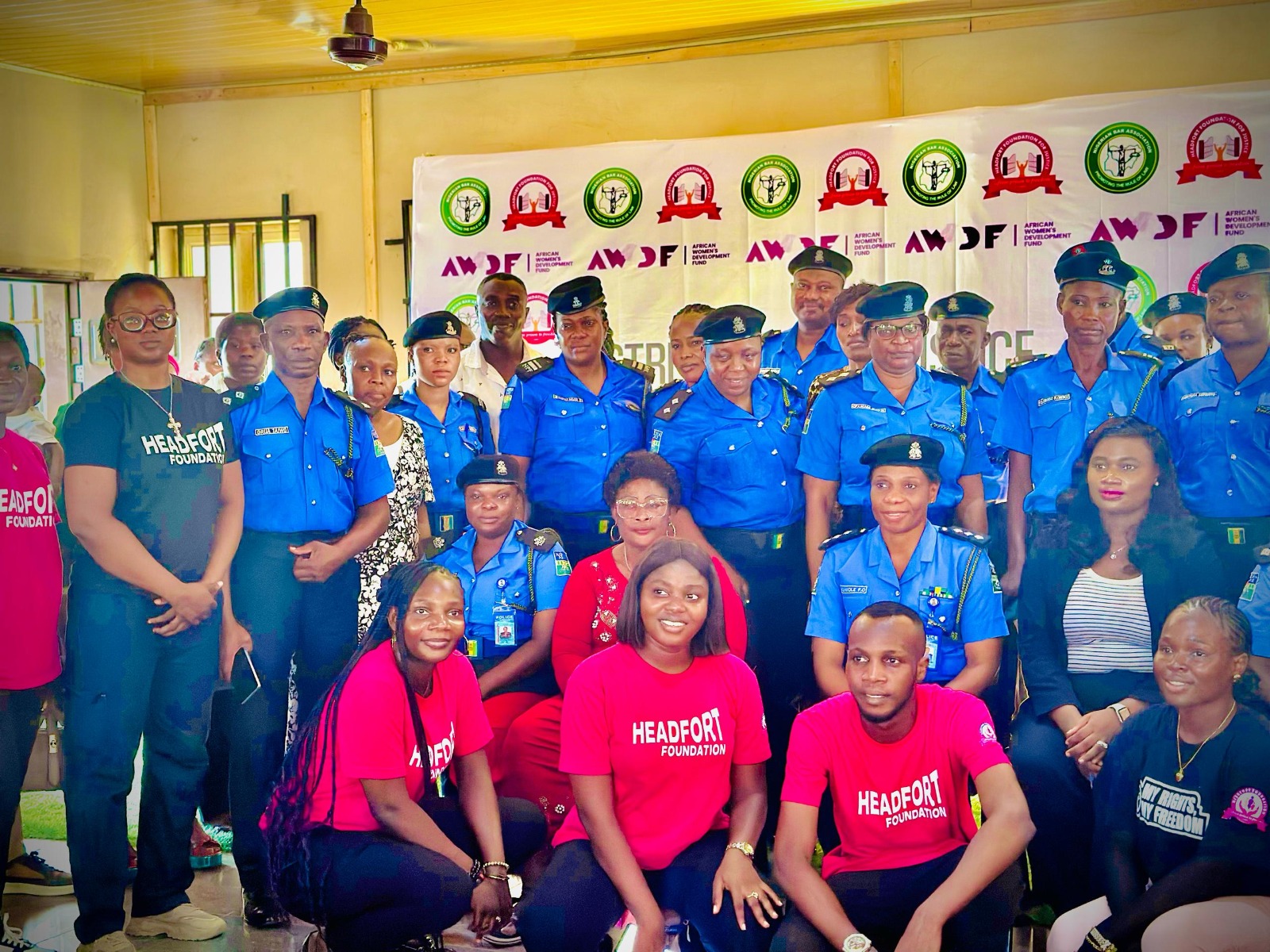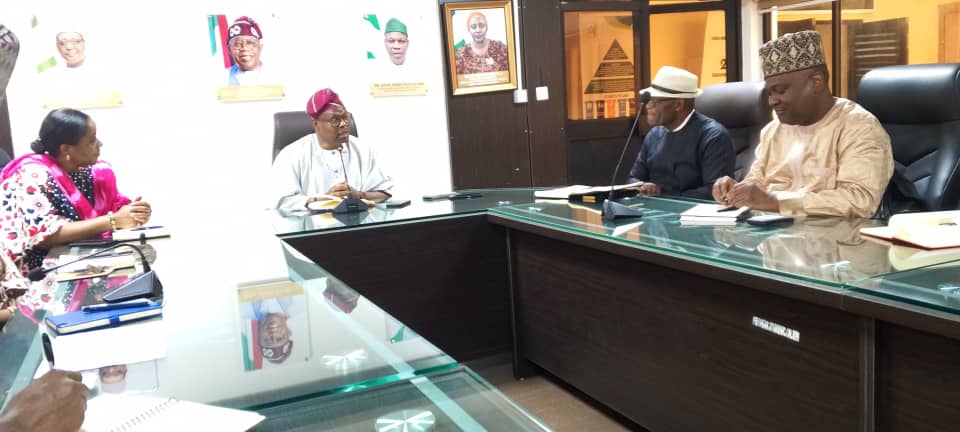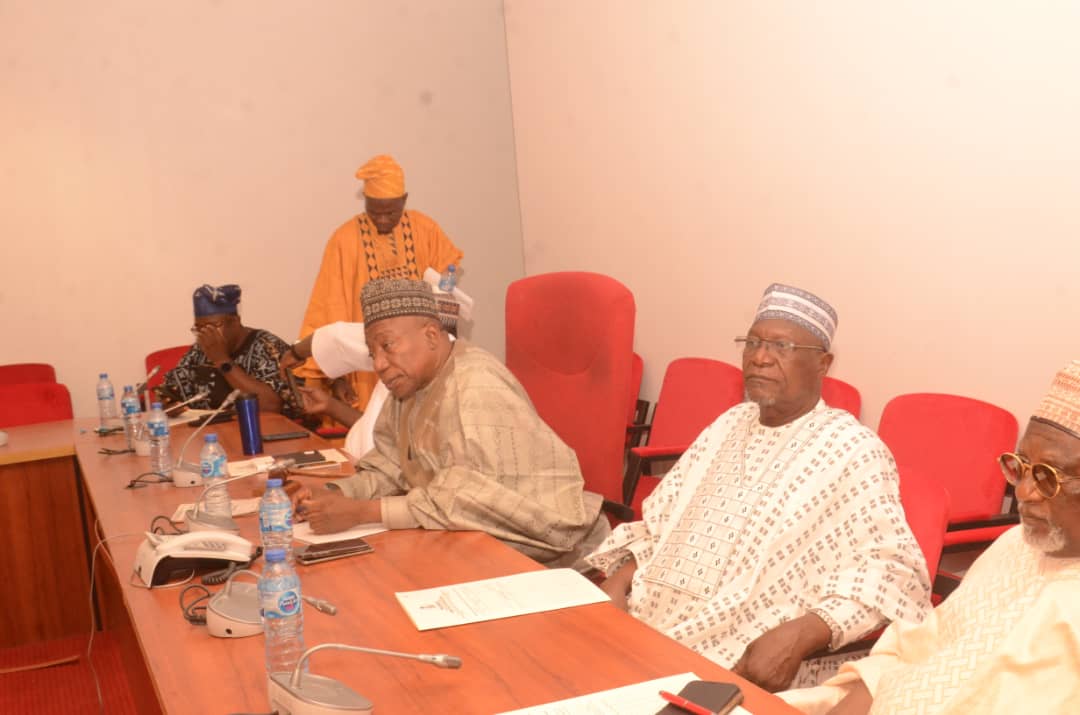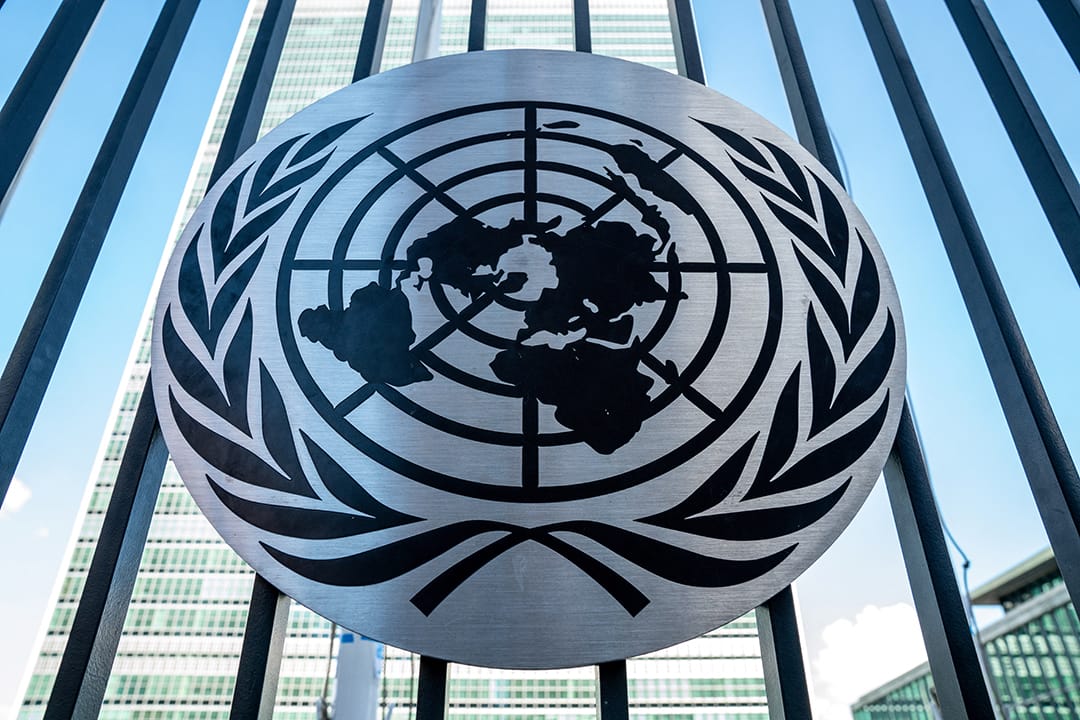U.S.-Based Igbo Veterans Coalition Urges Nigeria to Address Global Concerns Over Attacks on Christians
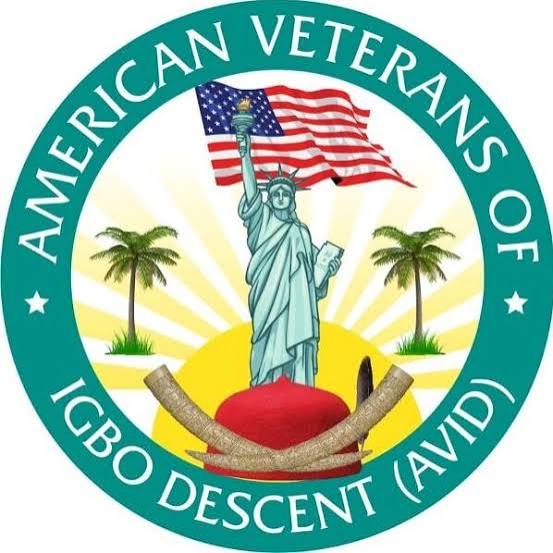
A coalition of U.S.-based advocacy groups has called on the Nigerian government to take seriously the growing international concern over reported attacks on Christians in parts of the country.
The appeal follows recent remarks by a United States senator who condemned what he described as “targeted violence against Christian communities in Nigeria.”
The Coalition of American Veterans of Igbo Descent (AVID), working in partnership with Ambassadors for Self-Determination and Rising Sun, made the appeal in a joint statement signed by Dr. Sylvester Onyia and made available to THE WHISTLER on Thursday.
The groups were reacting to a statement attributed to the Nigerian government, which dismissed allegations of widespread persecution as “malicious narratives intended to discredit Nigeria.”
In recent weeks, several members of the U.S. Congress have expressed concern about the safety of Christians and other vulnerable groups in Nigeria’s northern and Middle Belt regions. Some lawmakers have urged the U.S. State Department to re-designate Nigeria as a “Country of Particular Concern” (CPC) for religious freedom violations — a designation Nigeria briefly held in 2020 before being delisted in 2021.
The U.S. senator whose comments sparked the latest exchange had called for “stronger international engagement” to ensure accountability for attacks on Christian communities.
Welcoming Washington’s renewed attention to Nigeria’s human-rights situation, the coalition said constructive international dialogue could help address longstanding grievances rooted in faith-based violence.
“We acknowledge the sovereignty of Nigeria,” the coalition stated, “but sovereignty should not shield violations of fundamental human rights. What concerns the international community is not Nigeria’s unity, but the safety and dignity of all its citizens, regardless of religion or ethnicity.”
AVID and its partners cited attacks on hundreds of Christian worship centers and villages over the past decade, often blamed on insurgents, bandits, or communal clashes. The coalition urged the Nigerian government to intensify efforts to protect communities at risk and ensure justice for victims of religiously motivated violence.
The Nigerian government has repeatedly denied allegations of religious persecution, insisting that the conflicts are driven by criminality, competition over land and resources, and broader security challenges — not religion. Officials have also pointed to ongoing military operations as evidence of the government’s commitment to the safety of all Nigerians, regardless of faith.
In its latest response, the government reaffirmed its commitment to “upholding the rule of law, protecting human rights, and fostering interfaith harmony,” while urging foreign observers to verify information before making judgments about Nigeria’s internal affairs.
While acknowledging the government’s position, the coalition stressed that international oversight remained crucial for transparency and accountability. It called on the U.S. Congress and the United Nations Human Rights Council to continue monitoring developments in Nigeria and to support humanitarian programs in conflict-affected regions.
The statement also urged constructive engagement between the Nigerian government, faith-based organizations, and civil society groups to prevent further violence and rebuild trust among religious communities.
“Lasting peace will come only when all sides commit to justice, dialogue, and reconciliation,” it added.
The coalition further appealed to the Nigerian government to review the cases of individuals detained over self-determination or political activism, including Mazi Nnamdi Kanu, leader of the Indigenous People of Biafra (IPOB), describing his case as “an opportunity for the government to demonstrate adherence to constitutional and judicial principles.”
LASG Set to Unveil Omi Eko Project to Revolutionise Water Transportation in Lagos
Reaffirming that its intention was not to disparage Nigeria, the coalition said its call was meant to encourage reforms that promote human rights and interfaith harmony.
“Nigeria’s image abroad is best defended through justice at home,” the statement concluded. “We believe the government can build trust with both citizens and international partners by confronting these issues transparently.”

